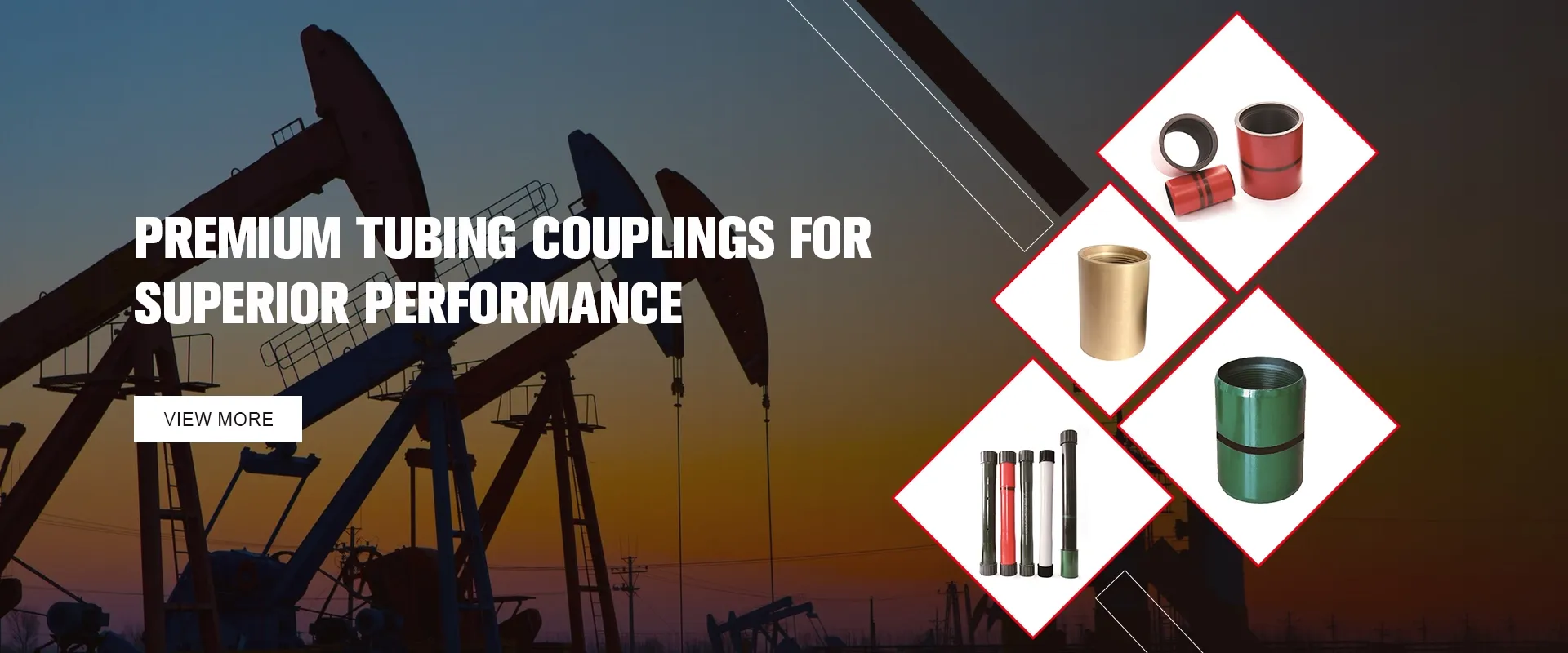- Afrikaans
- Albanian
- Amharic
- Arabic
- Armenian
- Azerbaijani
- Basque
- Belarusian
- Bengali
- Bosnian
- Bulgarian
- Catalan
- Cebuano
- Corsican
- Croatian
- Czech
- Danish
- Dutch
- English
- Esperanto
- Estonian
- Finnish
- French
- Frisian
- Galician
- Georgian
- German
- Greek
- Gujarati
- Haitian Creole
- hausa
- hawaiian
- Hebrew
- Hindi
- Miao
- Hungarian
- Icelandic
- igbo
- Indonesian
- irish
- Italian
- Japanese
- Javanese
- Kannada
- kazakh
- Khmer
- Rwandese
- Korean
- Kurdish
- Kyrgyz
- Lao
- Latin
- Latvian
- Lithuanian
- Luxembourgish
- Macedonian
- Malgashi
- Malay
- Malayalam
- Maltese
- Maori
- Marathi
- Mongolian
- Myanmar
- Nepali
- Norwegian
- Norwegian
- Occitan
- Pashto
- Persian
- Polish
- Portuguese
- Punjabi
- Romanian
- Russian
- Samoan
- Scottish Gaelic
- Serbian
- Sesotho
- Shona
- Sindhi
- Sinhala
- Slovak
- Slovenian
- Somali
- Spanish
- Sundanese
- Swahili
- Swedish
- Tagalog
- Tajik
- Tamil
- Tatar
- Telugu
- Thai
- Turkish
- Turkmen
- Ukrainian
- Urdu
- Uighur
- Uzbek
- Vietnamese
- Welsh
- Bantu
- Yiddish
- Yoruba
- Zulu
Exploring the Importance and Applications of Finished Casing Couplings in Oil and Gas Industry
Understanding Finished Casing Couplings in Oil and Gas Industry
In the oil and gas industry, efficient drilling and production operations are critical to maximizing resource extraction and ensuring safety. One of the essential components in this process is the finished casing coupling, which plays a pivotal role in well construction and integrity. This article delves into the significance of finished casing couplings, their design, and their application in modern drilling practices.
What is a Finished Casing Coupling?
A finished casing coupling is a type of mechanical connector used to join sections of casing pipe together in subsurface environments. Casing pipes are steel tubes used to stabilize and protect the borehole, providing a conduit for oil or gas extraction and preventing groundwater contamination. The coupling serves as a transitional element, allowing different sections of casing to be securely connected while maintaining the necessary pressure and integrity of the well.
Design and Manufacturing
The design of finished casing couplings adheres to stringent industry standards to ensure safety and performance under high-pressure conditions. They are typically manufactured from high-quality carbon steel or alloy materials that provide durability and corrosion resistance, which are essential in harsh subterranean environments.
Manufacturers often employ advanced technologies in the production process, including precision machining and heat treatment, to guarantee that the couplings meet the required specifications. Finished couplings undergo rigorous testing, including pressure tests and material inspections, to confirm their ability to withstand the extreme conditions found in oil and gas wells.
Application in Drilling Operations
finished casing coupling

Finished casing couplings are vital in several stages of drilling operations. After drilling a well to its desired depth, casing is installed to protect the borehole from collapse and to isolate the different geological formations. The finished casing coupling facilitates the quick and secure assembly of these casing sections, ensuring that the installation process is efficient and safe.
In addition to their role in well construction, finished casing couplings are also crucial during well interventions and re-completions. When modifications or repairs are necessary, the ability to connect and disconnect casing sections quickly can minimize downtime and operational costs. This flexibility is particularly important in fields where maximizing production is key to profitability.
Importance of Quality Assurance
Quality assurance is paramount in the production of finished casing couplings. Given the potential consequences of failure, including blowouts or environmental contamination, operators must ensure that all components meet the highest standards. This includes regular inspection and maintenance of existing couplings in the field, as well as adherence to regulatory requirements.
Furthermore, advancements in technology, such as the use of non-destructive testing methods, are enhancing the reliability of finished casing couplings. These technologies allow for the detection of potential issues before they lead to failures, thereby improving the overall safety and efficiency of drilling operations.
Conclusion
In conclusion, finished casing couplings are a critical component in the oil and gas industry, facilitating the safe and efficient construction of wells. Their design, quality, and application play a significant role in maintaining the integrity of drilling operations. As the demand for oil and gas continues, the reliance on innovative technologies and high-quality materials will only increase, making the role of finished casing couplings even more vital for future exploration and production efforts. Industry stakeholders must prioritize rigorous quality control measures and research advancements to improve the performance and reliability of these essential components.
-
Tubing Pup Joints: Essential Components for Oil and Gas OperationsNewsJul.10,2025
-
Pup Joints: Essential Components for Reliable Drilling OperationsNewsJul.10,2025
-
Pipe Couplings: Connecting Your World EfficientlyNewsJul.10,2025
-
Mastering Oilfield Operations with Quality Tubing and CasingNewsJul.10,2025
-
High-Quality Casing Couplings for Every NeedNewsJul.10,2025
-
Boost Your Drilling Efficiency with Premium Crossover Tools & Seating NipplesNewsJul.10,2025







